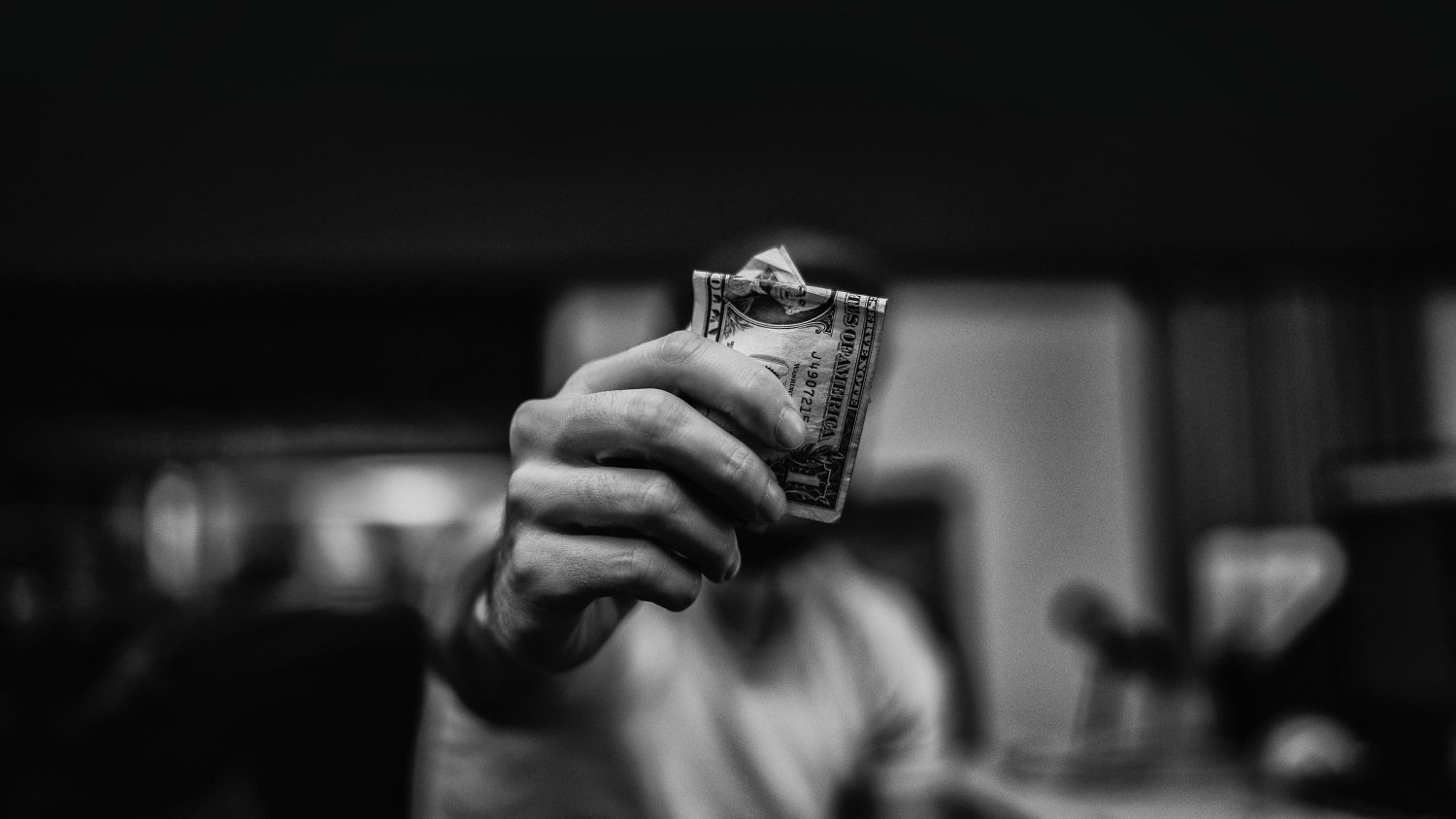
From the rising cost of living to student loan, Americans are in debt and have dismal savings account. According to Psychology Today “3 out of 4 Americans identified money as the number one source of stress in their lives.” Financial problems are so widespread that people are now using the term “money disorders” to describe their condition.
What Is A Money Disorder?
Money disorders are defined as repetitive destructive financial behaviors. These money disorders can further develop into mental health disorders like depression, anxiety and can even result in substance abuse. On the other hand, health care and finance professionals also say that mental health disorders often result in negative financial complications.
It is not unusual for people to develop their money disorder from their childhood. If someone grew up in poverty, financial instability or witnessed their parents stress or argue about money, they may internalize those feelings into adulthood. Even those that grew up more or less wealthy and witnessed their parents spend frivolously can also experience an affected outlook on their spending behaviors.
Types of Money Disorders
Money disorders can manifest in two main ways. Some people can be described as money avoidant and others as money worshipping. Those that are money avoidant have a general uneasiness about money all the time. They are constantly worried they will not have enough money and begin to hoard their belongings or become a workaholic. Other forms of money avoidance include financial denial, financial rejection underspending and excessive risk aversion. In short, money makes them anxious.
Those that are money worshipping are characterized by gambling, compulsive buying and overspending. Acquiring money and spending money makes these people feel good in that they ignore any negative repercussions that may result in their spending.
Stress and Depression
Due to the emotional issues that accompany these behaviors, financial insecurity wreaks havoc on our mental health. Unfortunately, debt and stress go hand in hand and because debt triggers stress, the brains is in constant panic mode making a person more susceptible to poor mental health. When you’re constantly stressed about money other things like health, family and other important things get neglected. Constant money related stress can lead a person to feel hopeless and have low self-esteem. According to debt.org those with higher levels of unemployment were more likely to purchase over-the-counter pain killers.
Those that have mental health issues like Bipolar Disorder, PTSD and Compulsive Shopping Disorder can also engage in reckless spending while they are in a manic phase. Those suffering with depression may feel spending money can fix their mood short term. Also, people generally spend more money when they feel unwell in hopes their purchases will make them feel better.
Treatment
Treatment and counseling are available for people who feel they need help managing their money disorders. Others are trying to push for banks to implement mental-health options or certain barriers for those prone to impulsively mismanage their money. Support groups and other resources are available for those looking for guidance.
References:
https://www.psychologytoday.com/us/blog/mind-over-money/201001/do-you-have-money-disorder
https://www.bustle.com/p/15-fascinating-signs-you-may-have-a-money-disorder-15943988
https://globalnews.ca/news/6048717/money-disorder/
https://www.debt.org/advice/emotional-effects/
https://www.vice.com/en_us/article/4w5vp9/why-your-mental-health-is-making-you-poor